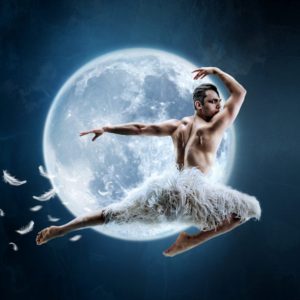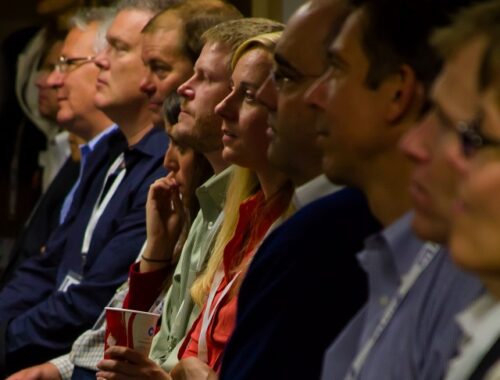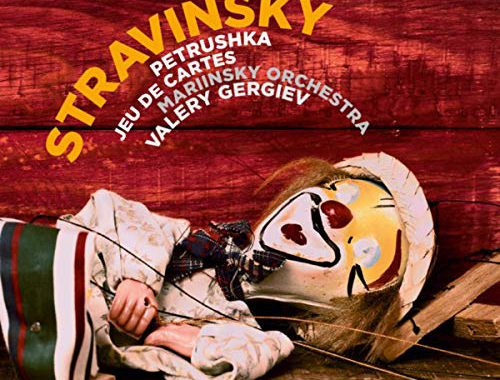GRAMOPHONE: From Where I Sit – May 2019
 I was a little late to the party in respect of Vladimir Jurowski’s scintillating new recording of the original 1877 version of Tchaikovsky’s Swan Lake with the State Academic Symphony Orchestra of Russia (Yevgeny Svetlanov’s orchestra) but I’ve been much absorbed by it, thrilled by it, and fascinated as ever by the conductor’s comments in these pages regarding the age old issues of structure and tempi in the court of classical ballet – and in particular the relationship (indeed the tension) between what the music and the first choreographers decreed.
I was a little late to the party in respect of Vladimir Jurowski’s scintillating new recording of the original 1877 version of Tchaikovsky’s Swan Lake with the State Academic Symphony Orchestra of Russia (Yevgeny Svetlanov’s orchestra) but I’ve been much absorbed by it, thrilled by it, and fascinated as ever by the conductor’s comments in these pages regarding the age old issues of structure and tempi in the court of classical ballet – and in particular the relationship (indeed the tension) between what the music and the first choreographers decreed.
I think I must have been Russian in another life, so completely and spontaneously do I find myself responding to the cut and thrust and Imperial splendour of Tchaikovsky’s three great ballets. It took me a while to understand the dynamics of classical ballet, the seeming contradiction between effulgent, impassioned music and cool, clear, poised movement. The novelty set pieces – nationalistic dances and the like – were one thing but the naked emotionalism of the great pas de deux was quite another. Here was this almost pornographically impassioned music – I am thinking especially of the Rose adagio from Sleeping Beauty – set against the stillest and most finely nuanced movement: a series of almost static poses born of purity and balance. The revelation of discovering how the tension between the two states gave rise to something uniquely expressive was something that I have never quite got over.
Then again the apparent tyranny of classic choreography in classic ballets, revered choreography which the music has traditionally served – not the other way around – is something which doesn’t arise when new choreography is created or indeed when the entire ballet and its scenario is re-evaluated and reinvented, as in the case of Matthew Bourne’s astonishing Swan Lake recently returning for its umpteenth revival. In my fantasies I imagine Tchaikovsky watching it in another life, stunned and overcome by its rightness.
I doubt Bourne will ever do anything better than this – and it is no accident that it stormed the West End and Broadway as surely as it did the hallowed stage of Sadler’s Wells. But it is actually more than just a brilliantly imagined take on a great classic but rather a reading of the ballet which movingly subsumes the whole ethos of Tchaikovsky’s homosexuality and the theme of forbidden love into the ballet’s scenario without betraying what it expresses. The misery of the young prince born to a life of public scrutiny and ‘arranged’ marriage; the male swans at once so graceful and yet so comfortable in their masculinity; the beguiling arrogance of the leather-trousered black swan and the sexual excitement that his threat engenders.
It is both a tribute to Bourne’s artistic sensibilities and his physical response to Tchaikovsky’s score that the emotional climacterics of the final scene almost unbearable to watch. And yet he can be playfully humorous, too. As the young prince’s hopeless infatuation grows we notice that the sign on the fence surrounding the lake reads ‘Do Not Feed The Swans’. Whereupon a little old lady hobbles by throwing bread on to the lake – and the young prince flings his arms around her and lifts her off the ground. As simple and affecting as the music which underscores it – great music which finds so many ways into our hearts.
You May Also Like

GRAMOPHONE: From Where I Sit – November 2020
09/12/2020
GRAMOPHONE: From Where I Sit – January 2021
27/01/2021

